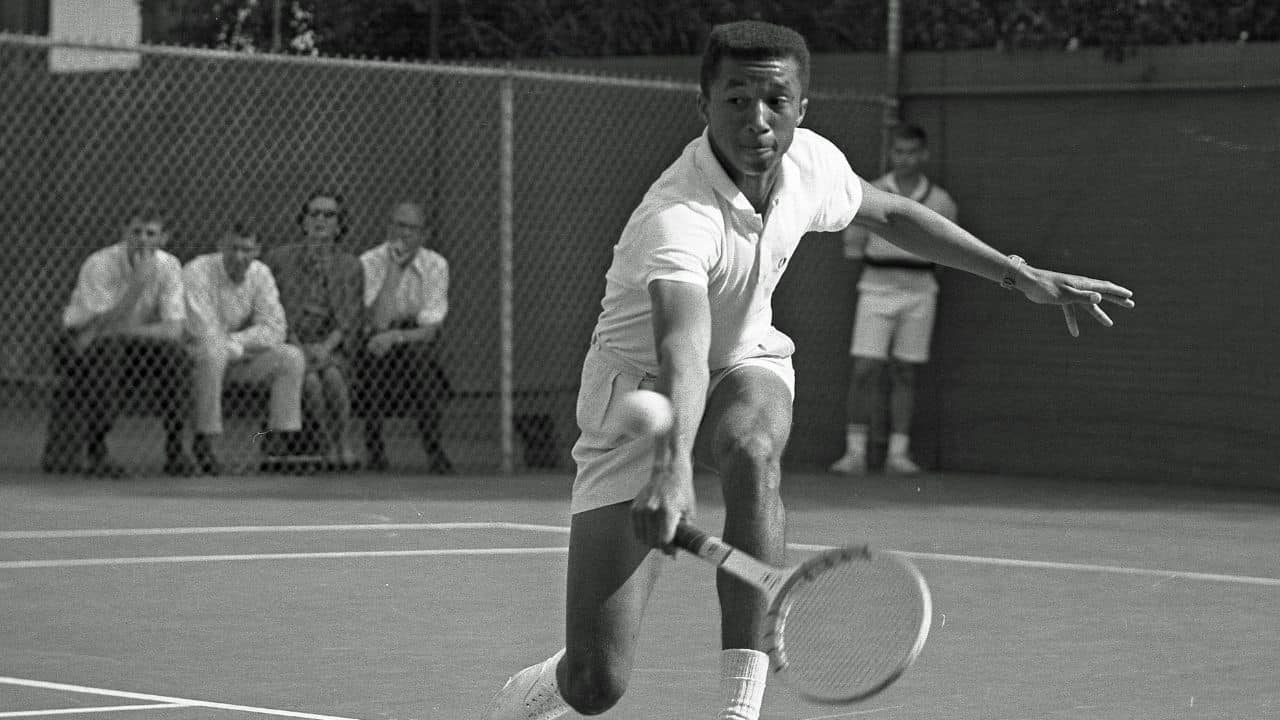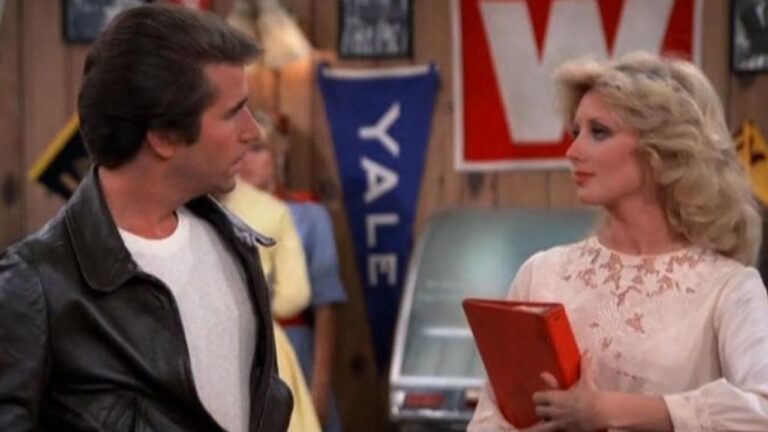24 Things That Happened in the 1970s Everyone Forgets About

The 1970s delivered so many important events that changed the course of world history. Even if you didn’t live through the decade, you will be aware of Watergate, the Iranian hostage crisis, and the Cold War, to name just three.
These major incidents overshadowed many other smaller, but no less important, moments that happened during the decade. At other times, they would have been considered key events but went largely unnoticed due to the other major headlines of the day.
Some of the following occurrences are important, while others are simply quirky. Each qualifies on the basis of an event that illuminated the 1970s but has since been largely forgotten.
1. 1970: Japan’s Belated Entry

The previous decade had ended with the moon landings and many assumed that the space race was over. As a footnote, several other countries were aiming to catch up and produce their own series of “firsts.”
The 1970s began with the launch of Ohsumi, the first Japanese satellite to be put into orbit. The mission was a success, and Japan followed the USSR, the United States, and France as the fourth nation to achieve this particular feat.
2. 1970: A Bleak Year for Motorsport

On October 4, 1970, Austria’s Jochen Rindt was crowned as Formula One’s Drivers’ Champion for that season. The sobering point is that Rindt was killed in a crash at Monza while practicing for the Italian Grand Prix.
Sadly, deaths at the wheel were relatively commonplace in the sport. The season continued, but no driver could overhaul Jochen Rindt’s lead at the top of the drivers’ table, and he became the first to win the title posthumously.
3. 1971: Welcome to a World of Pure Imagination

1971 saw the opening of Walt Disney World in Florida. The resort had been in the planning stages for seven years, but if the organizers were concerned about its reception, they needn’t have worried.
Disney World welcomed 10,000 people on its opening day. Around 5,500 employees looked after them as they paid a $3.50 admission fee. Hot dogs were available at 45 cents, while attendees could purchase a book of tickets valid for seven rides at $4.50.
4. 1971: Mailer Vs Vidal: The Showdown

What was the best fight of the 1970s? Ali vs Frazier, Foreman vs Lyle, or Norton vs Holmes? How about Gore Vidal vs Norman Mailer? Two giants of literature clashed on the Cavett show in 1971, and the verbals later became physical.
The argument began over an essay Vidal had written in the New York Review of Books. Having received criticism within the piece, Mailer took exception. The row reached a literal head when Mailer headbutted his opponent backstage.
5. 1971: The Attica Prison Riot

Over fifty years on, the Attica uprising remains the United States’ bloodiest prison riot, but it’s largely been forgotten outside of those who were directly affected. New York’s infamous maximum security prison was notorious in the country, but it gained global attention on September 9, 1971.
More than 1,000 inmates took 39 guards hostage in a protest against the harsh conditions. After five days of stalemate, law enforcement took over, and in a brutal battle to restore order, 43 people lost their lives.
6. 1972: Let the Games Commence

We’re not talking about the 1972 Olympics in Munich here. 1972 saw a significant breakthrough in the world of video gaming, with the launch of Pong. Producers Atari delivered this elementary game of tennis, and readers of a certain age will recall its basic graphics and gameplay.
Today’s gamers will laugh at Pong, but this was a pivotal moment for the industry. It was the first commercially successful video game and laid a platform for others to follow. In fact, it wouldn’t be an exaggeration to say that this humble title changed the world.
7. 1972: Hewlett Packard’s Calculated Move

1972 saw the introduction of the first scientific, hand-held calculator. Hewlett Packard announced this groundbreaking move on January 4, as cofounder Bill Hewlett laid down a challenge.
Hewlett wanted the company to develop a “shirt pocket” version of the HP 9100, a desktop calculator that was popular around workplaces at the start of the decade. The result was the HP35, and while the calculator was compact, the price to the consumer, was a rather more hefty $395.
8. 1972: Pioneer 10 Reaches New Frontiers

We’ve already seen that the Space Race didn’t end with the 1969 Moon Landing. The 1970s saw more progression, and 1972 produced another significant development for the U.S. program.
In March of that year, Pioneer 10 was launched from Cape Canaveral, and it became the first man-made spacecraft to leave our solar system. By November of the following year, Pioneer 10 had reached Jupiter, sending back stunning pictures of our system’s largest planet.
9. 1973: The Face of Music Changes Forever

CBGBs bar helped to drive the new wave of music and it played its part in launching the careers of Blondie, The Ramones, Television, Talking Heads, and many others. When the venue opened in 1973, however, owner Hilly Kristal was unaware of the developing movement.
CBGB stands for Country, Bluegrass Blues, which suggests that Kristal was expecting to showcase an entirely different genre. The tide was turning and a generation of aging punks will forever be indebted to CBGBs.
10. 1973: The Birth of Reality TV

We likely think of reality television as a new phenomenon. Shows such as Big Brother, Love Island, and Perfect Match began in the 2000s and the genre has exploded in the new millennium.
The first reality television show is, in fact, more than 50 years old. “An American Family” debuted in January 1973, and it centered around the everyday lives of the Loud family from California. It was a fascinating development, but the show only ran for one series of 12 episodes.
11. 1974: Bar Codes Transform the Shopping Experience

We take bar codes for granted today, but they are not a product of the digital age. The concept debuted in 1974, and the first product under the scanner was a pack of Wrigley’s Chewing Gum.
They’ve speeded up the shopping process, and bar codes have also allowed us to scan our own items via the self-serve checkouts. The 70s delivered another useful product, even if shopping has become a less sociable experience as a result.
12. 1974: A Head for Heights

French tightrope walker Philippe Petit was already established as the best in the business. He’d gained notoriety for his unauthorized stunts which included a walk between the towers of Notre Dame Cathedral in 1971.
When the Twin Towers of the World Trade Center opened two years later, Petit sensed a challenge. His incredible crossing on August 7, 1974, without a harness or safety net, is chronicled in the Man on Wire documentary, and it’s a compelling watch. Spoiler alert: Philippe Petit succeeded, and was arrested by the NYPD for his trouble.
13. 1974: McDonald’s Hits the UK

On November 13, 1974, McDonald’s opened its 3,000th restaurant. There’s nothing especially remarkable about that fact until you learn that this was the chain’s first outlet in the United Kingdom.
Woolwich in South East London was the chosen location, and a queue formed to enjoy their 15p burgers. The launch was a success, and U.K. consumers quickly became a key McDonald’s demographic.
14. 1975: Groundbreaking Tennis Champions

1975 saw two notable wins in the Wimbledon singles events. Arthur Ashe claimed victory in the men’s section, while Billie Jean King triumphed in the women’s category. Ashe is still the only black player to have won Wimbledon, the US Open, and the Australian Open.
King was a great campaigner for equality in the sport. Her victory at Wimbledon in 1975 was her sixth in total, and she immediately retired from singles events, before making a comeback two years later.
15. 1975: Betamax Launches the Battle

We’ve probably all forgotten about the arrival of Betamax because the product is now considered obsolete. 1975 saw the Sony Corporation launch the video format, as the trend for home viewing started to rise.
VHS tapes didn’t arrive for another two years, so Betamax, had an early head start in the battle, and many felt it was superior. Despite that, Sony’s invention faded into obscurity, and VHS ruled for decades until DVDs took over.
16. 1976: The Forgotten Soccer Tournament

1976 saw a year of celebrations across the United States as the country marked its bicentenary as an independent nation. Among the events is a forgotten soccer tournament. Major League Soccer was two decades away, and there was little interest in the game among average American sports fans.
Undaunted, organizers laid on a four-team competition between Brazil, England, Italy, and a Team America side that contained many overseas players. Very little footage of the Bicentennial Cup remains and merchandise fetches good money at auction sites.
17. 1976: The $2 Bill Returns

Most would think that the reintroduction of the $2 bill in 1976 formed part of the Bicentennial celebrations. In fact, the move was a cost-cutting measure on behalf of the Federal Reserve. Having been introduced in 1862, the note went on a brief hiatus following its discontinuation in 1966.
Ten years later, the bill was back. Little had changed and the face of Thomas Jefferson reclaimed its place. Fittingly, the $2 bill reentered circulation on April 13 – Jefferson’s birthday.
18. 1977: Apple II Launches

While the name suggests otherwise, the Apple II was the first in the series of home computers. Like Pong and Betamax, the technology seems primitive by today’s standards, but it was revolutionary back in 1977.
Apple brought home computing to the world. As the company’s marketing stated, it was an extraordinary computer for ordinary people, and it laid a pathway to today’s household technology which we take for granted.
19. 1977: Miami’s Only Taste of Snow

The state of Florida is known for many things, including some extreme weather. Heat and hurricanes are regular visitors, but 1977 delivered a more unlikely phenomenon. During the “Cold Wave” in January, Miami witnessed its first, and so far only, flurry of snow.
Lingering high pressure over the Mississippi River Valley combined with a severe cold front to produce unlikely snowfall. Miami residents could have dreamt of a white Christmas, but there has been no repeat so far.
20. 1978: An Era of Spam Begins

Next time you’re cleaning out your spam folder, remember to send a few curse words in the direction of Gary Thuerk. A marketing manager for the Digital Equipment Corporation, Thuerk decided it would be a good idea to send an unsolicited digital message to contacts promoting his company’s computer products.
The reaction wasn’t favorable. Complaints arrived instantly and this error of judgment from 1978 means that Gary Thuerk is credited with sending the first ever spam email.
21. 1978: A Toothless Follow Up

There are good reasons why the release of Jaws 2 has been forgotten. It simply wasn’t very good. Don’t just take our word for it, the movie scores a modest 5.8/10 on IMDb, and a mere 39% among audiences, according to Rotten Tomatoes.
Those are weak scores compared to the original film, but some would argue that they are generous. Jaws 2 is dreadful, and it’s no consolation that the subsequent sequels are even worse.
22. 1979: The UK Gets its First Female Prime Minister

Politics was male-dominated throughout the 1970s, but a ray of hope for female leaders arrived at the end of the decade. Leader of the Conservative Party Margaret Thatcher won the 1979 U.K. General Election with an overall majority of 43 seats.
Thatcher was the first woman Prime Minister of the United Kingdom. She was a divisive, but formidable figure, and a great ally of U.S. President Ronald Reagan, as the world edged toward the end of the Cold War.
23. 1979: Disco Demolition Disaster

Struggling with falling attendance, the Chicago White Sox baseball team looked at other ways to attract revenue. One idea came to fruition in 1979, but Disco Demolition Night would hit the headlines for all the wrong reasons.
“Shock Jock” Steve Dahl literally lit the fuse, blowing up a collection of vinyl. Many saw the explosion as an invitation to go wild, and the Chicago PD suddenly had a full-scale riot on their hands. It was hailed in some reports as the night that killed disco, but for many of us, that wasn’t the case.
24. 1979: Victory for Hurricane Equality

From 1953 to 1978, only female names were attached to Atlantic Hurricanes. It may sound like a victory for women’s lib, but if it was intended that way, the system backfired. The female naming system only led to sexist and derogatory comments, and something had to change.
The National Hurricane Service eventually decided to alternate traditional male and female names. A year later, in 1979, Hurricane Bob marked new territory, as he/it brought moderate disruption to the Gulf Coast in July.





